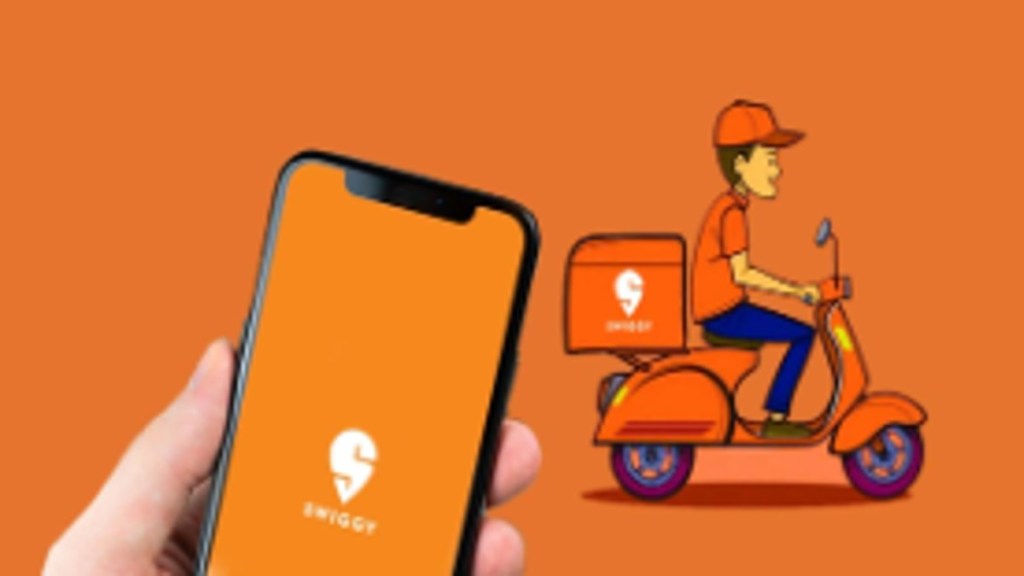In the heated atmosphere of the 1996 Men’s Cricket World Cup in India, two titans of the soft drink world—Pepsi and Coca-Cola—went head-to-head in a battle for dominance. Coca-Cola, the official sponsor, might have claimed the title, but it was Pepsi’s audacious “Nothing Official About It” campaign that captured people’s imagination. The campaign, featuring cricketers snubbing the official drink in favour of an “unofficial” one, paved the way for guerilla marketing in India.
Cut to 2024. A similar story is unfolding in a different arena: Food delivery and reality TV. In a move that speaks volumes about its ambitions, Swiggy, which is preparing for an IPO, pulled the rug from under the feet of arch-rival Zomato to secure the Rs 25-crore sponsorship of Sony TV’s tentpole Shark Tank India. Following this, Zomato co-founder Deepinder Goyal left his judge’s seat in the show’s fourth season and Snapdeal co-founder Kunal Bahl stepped in.
Like Pepsi in ’96, Swiggy is aiming for more than just official titles—it’s gunning for cultural impact, say marketing experts.
Some are calling Swiggy’s move a classic example of guerrilla marketing—leveraging surprise or unconventional methods to promote a brand or service. In this case, the removal of Zomato’s co-founder, who has been closely associated with Shark Tank India, could either elevate Swiggy’s brand to new heights or lead to a temporary lift in recall.
The move has certainly sparked a wave of social media conversation. While some critics labeled it “petty,” others applauded Swiggy for swiftly outmaneuvering its competitor. Rachit Mishra, DGM & head of branding and marketing communications at CJ Darcl Logistics, notes, “Swiggy’s audience might appreciate the brand’s association with Shark Tank, a platform celebrated for innovation and entrepreneurship, but there’s also a subtle undertone of undermining Zomato, its biggest competitor.” Mishra adds that Swiggy is treading a delicate line between a competitive strategy and coming off as overly aggressive.
“By linking itself to such a popular TV show while unseating a key rival, Swiggy is gaining tremendous brand visibility,” says Yasin Hamidani, director at Media Care Brand Solutions. However, he warns of potential pitfalls: backlash or negative PR could arise if the strategy is perceived as overly hostile. Additionally, guerrilla marketing, by its very nature, can be difficult to control and may not always align with a brand’s long-term vision if it appears opportunistic.
The benefits could be significant though. “It signals that Swiggy has established itself as a brand with a competitive edge,” observes Rituparna Basu, professor and area chair of marketing at IMI Kolkata. However, she cautions that this could also create a perception of Swiggy being an opportunistic competitor, which could backfire in terms of brand loyalty.
“For Zomato, this shift offers a chance to counter attack with creative branding strategies,” says Ambika Sharma, founder and chief strategist at Pulp Strategy. “In the end, it’s a battle for mindshare in an increasingly competitive space.”


